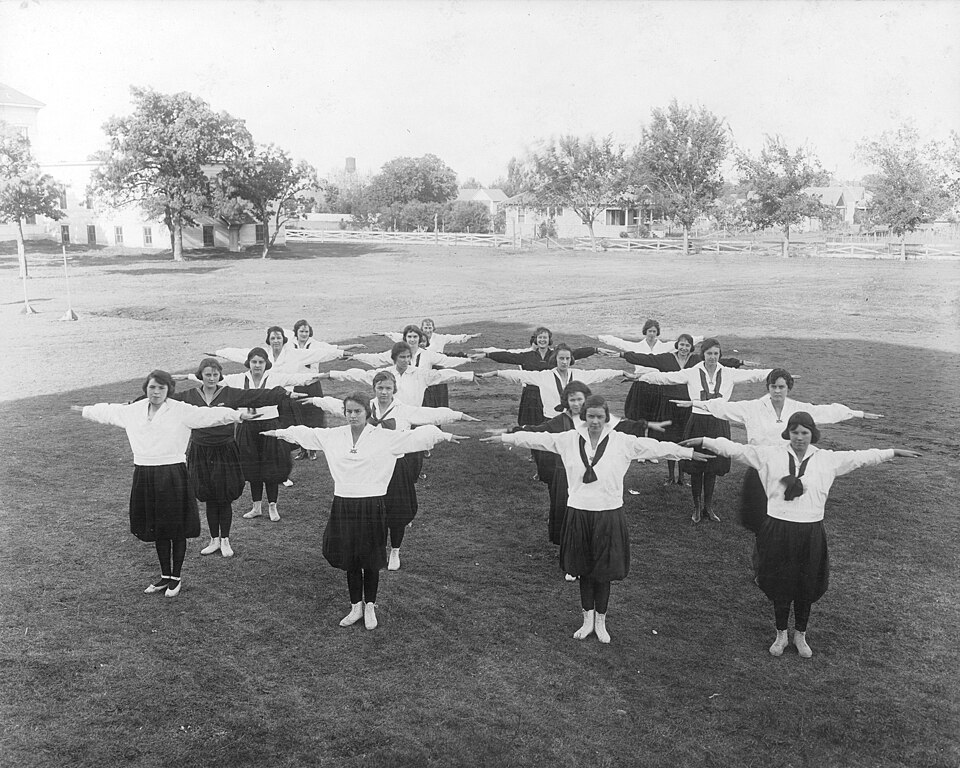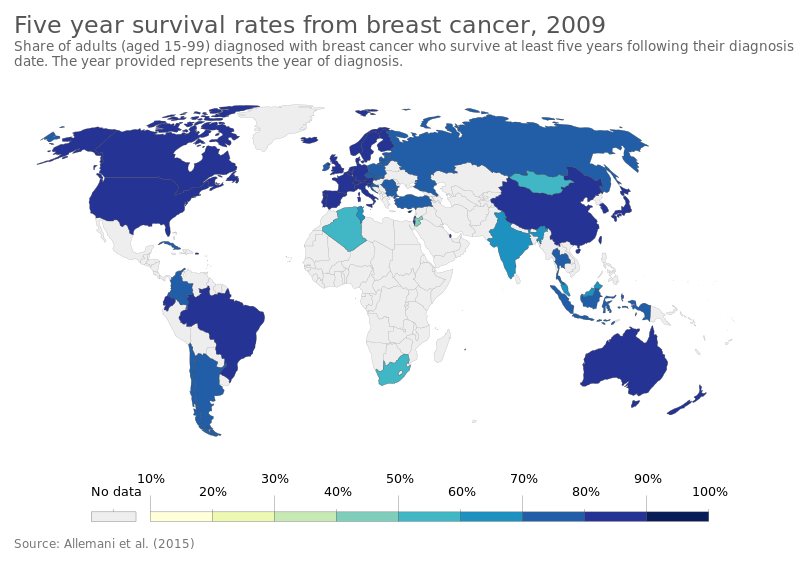AI Innovations in Personalized Nutrition: A New Tool for Cancer Patients

In a significant advancement for cancer care, researchers at Thomas Jefferson University have developed an artificial intelligence (AI) tool designed to provide automated, customized nutrition advice tailored specifically for cancer patients. This initiative responds to the growing recognition that adequate nutrition plays a critical role in enhancing the overall health and well-being of individuals undergoing cancer treatment. However, personalized dietary guidance is often challenging to access and frequently lacks coverage by health insurance plans.
The research, led by Dr. Nicole Simone, a radiation oncologist at the Sidney Kimmel Comprehensive Cancer Center, employed two advanced large language models (LLMs)—ChatGPT and Gemini—to generate meal plans and grocery lists based on various patient-specific factors, including cancer stage, other health conditions, budget constraints, geographic location, and cultural preferences. The findings were published in the peer-reviewed journal Nutrients on June 18, 2025.
Dr. Simone emphasized the importance of this research, stating, "The ability of LLMs to generate meal plans tailored to socioeconomic and cultural considerations is one of the most promising aspects of this approach." The AI tool aims to bridge the gap in supportive care by offering dietary recommendations that are not only nutritious but also culturally relevant and economically feasible. For instance, the models demonstrated the capability to identify local grocery stores and available ingredients, which can significantly enhance the practicality of the recommendations.
The first author of the study, medical student Julia Logan, tested various prompts during her summer research, examining how effectively the LLMs could cater to the diverse needs of cancer patients. Co-author Dr. Wookjin Choi, a computational physicist at Sidney Kimmel Medical College, noted that while building a specialized AI model from scratch would be a daunting task, utilizing existing LLMs provides a robust foundation for further development. He stated, "The general LLMs provide a starting place, and then we develop it, score it, adjust it, and create a new specialized model."
This study highlights the feasibility of leveraging AI technology to improve dietary support for cancer patients. However, the researchers acknowledged the necessity for ongoing evaluation of the AI tool's reliability and the circumstances under which professional dietitian oversight is warranted. Dr. Simone indicated that more research is required to establish clear guidelines for the integration of AI-generated dietary advice in clinical settings.
The implications of this development are profound, as personalized nutrition can significantly impact cancer patients' treatment outcomes and quality of life. By addressing dietary needs through an accessible AI tool, the healthcare system may improve adherence to nutritional recommendations, ultimately fostering better health outcomes for this vulnerable population.
As the field of AI in healthcare continues to evolve, future studies will be essential to assess the long-term effectiveness and safety of AI-driven dietary advice. The integration of such innovative tools could redefine how cancer patients receive nutritional support, providing a more tailored and effective approach to managing their health during and after treatment.
For further information, readers can explore the original study published by Julia A. Logan et al., titled "Bridging Gaps in Cancer Care: Utilizing Large Language Models for Accessible Dietary Recommendations," in the journal Nutrients (2025). DOI: 10.3390/nu17071176.
Advertisement
Tags
Advertisement





